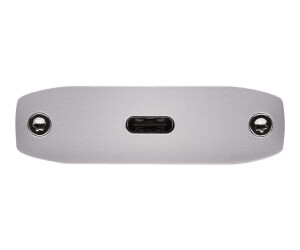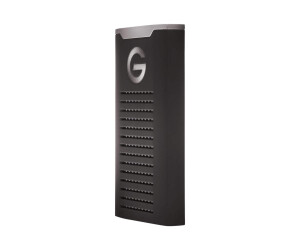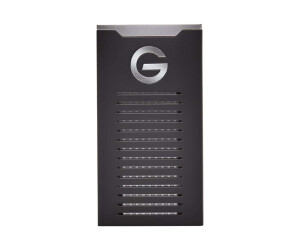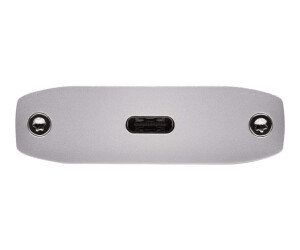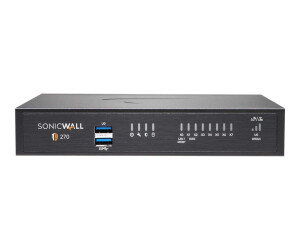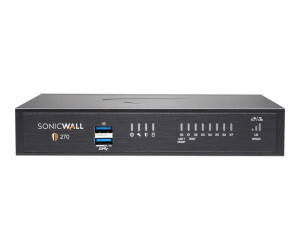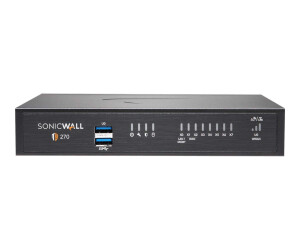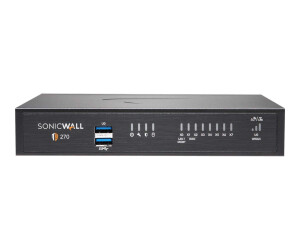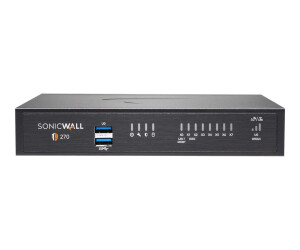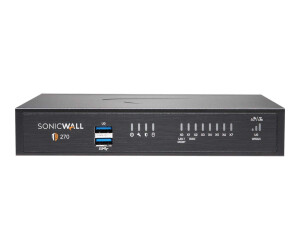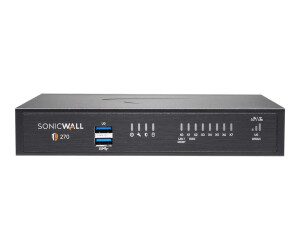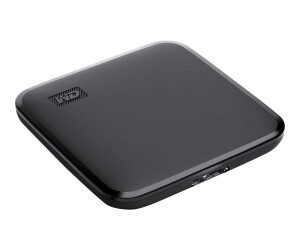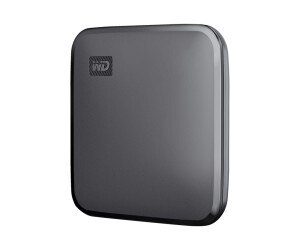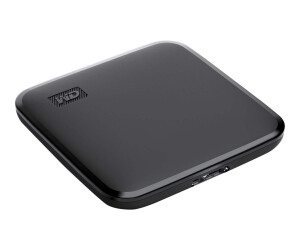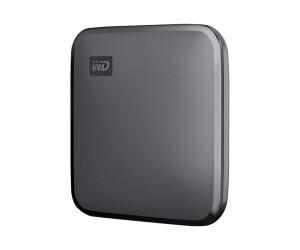An SSD (Solid State Drive) is a storage medium that stores data on NAND flash memory chips. Unlike traditional hard drives, which rely on rotating disks and read/write heads, SSDs are faster and more reliable due to the technology they use.
Inside an SSD, multiple flash memory chips are interconnected and housed within a casing. Each flash memory chip consists of several memory cells, each capable of storing bits. The bits are stored in the form of electric charges. An SSD controller manages access to the memory cells and ensures efficient reading and writing of data.
SSDs offer several advantages over hard drives. They are faster because they have no moving parts, and data is directly stored on the memory chips. They also have higher reliability since there are no moving parts that can fail. They are also quieter as there are no noises from rotating disks and read/write heads.
SSDs are available in various capacities, ranging from a few hundred gigabytes to several terabytes. They are also available in different form factors, such as the 2.5-inch form factor, M.2 form factor, and PCIe card. Some SSDs also come with different interfaces, such as SATA, NVMe, and PCIe.
One of the crucial characteristics of an SSD is its read and write speeds. The read and write speeds depend on several factors, such as the NAND flash technology used, the SSD controller, and the interface. Most SSDs have a read speed of several hundred megabytes per second and a write speed of several hundred megabytes per second. NVMe SSDs are typically faster than SATA SSDs due to their faster interface.
However, SSDs also have some drawbacks. They are generally more expensive than hard drives and often offer lower capacity per dollar. SSDs also have a limited number of write cycles since each bit in the memory cells can only endure a limited number of write cycles. This means that an SSD can experience a decrease in performance and reliability over time.
In summary, an SSD is a fast and reliable storage medium that stores data on NAND flash memory chips. It offers many advantages over hard drives but also has some limitations. The choice of an SSD depends on individual needs, such as required capacity, speed, and interface.

